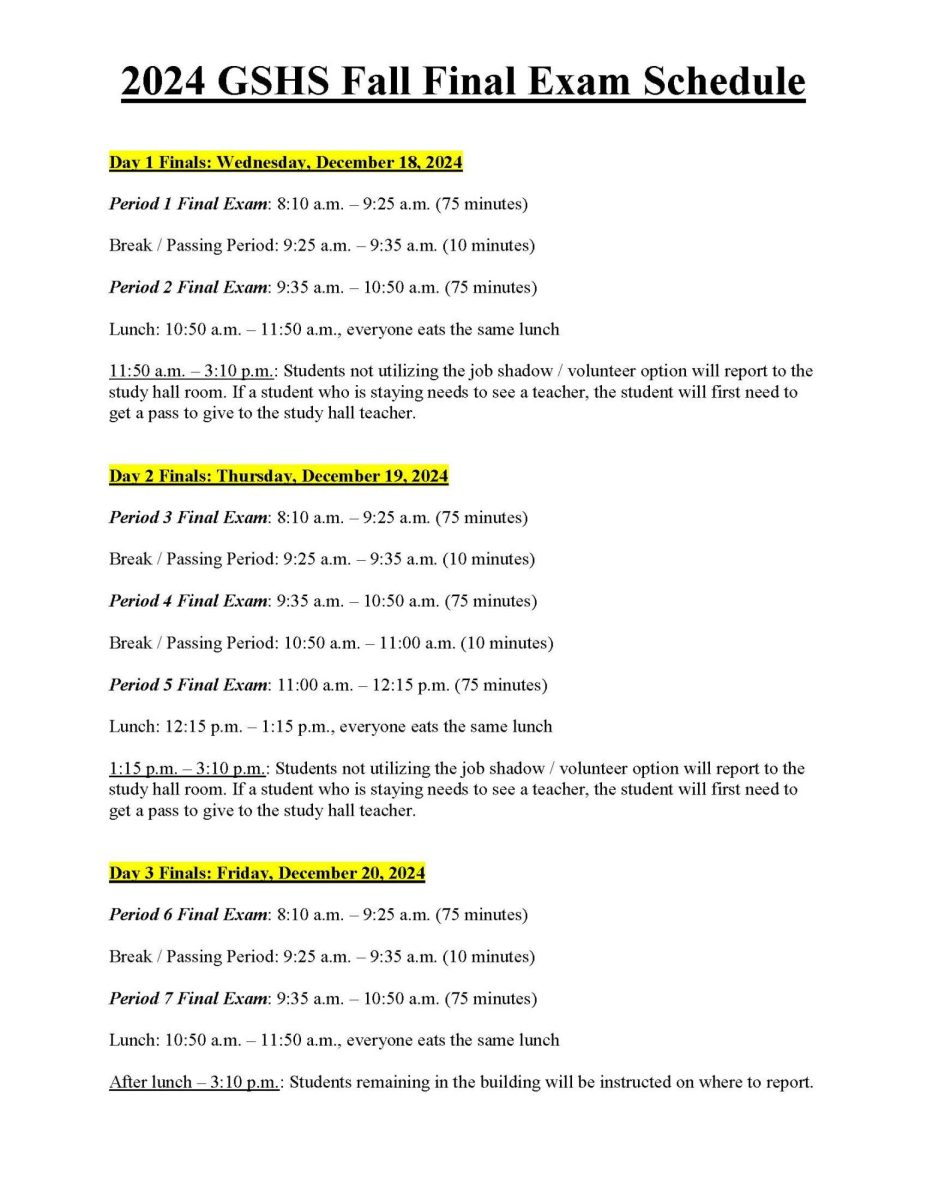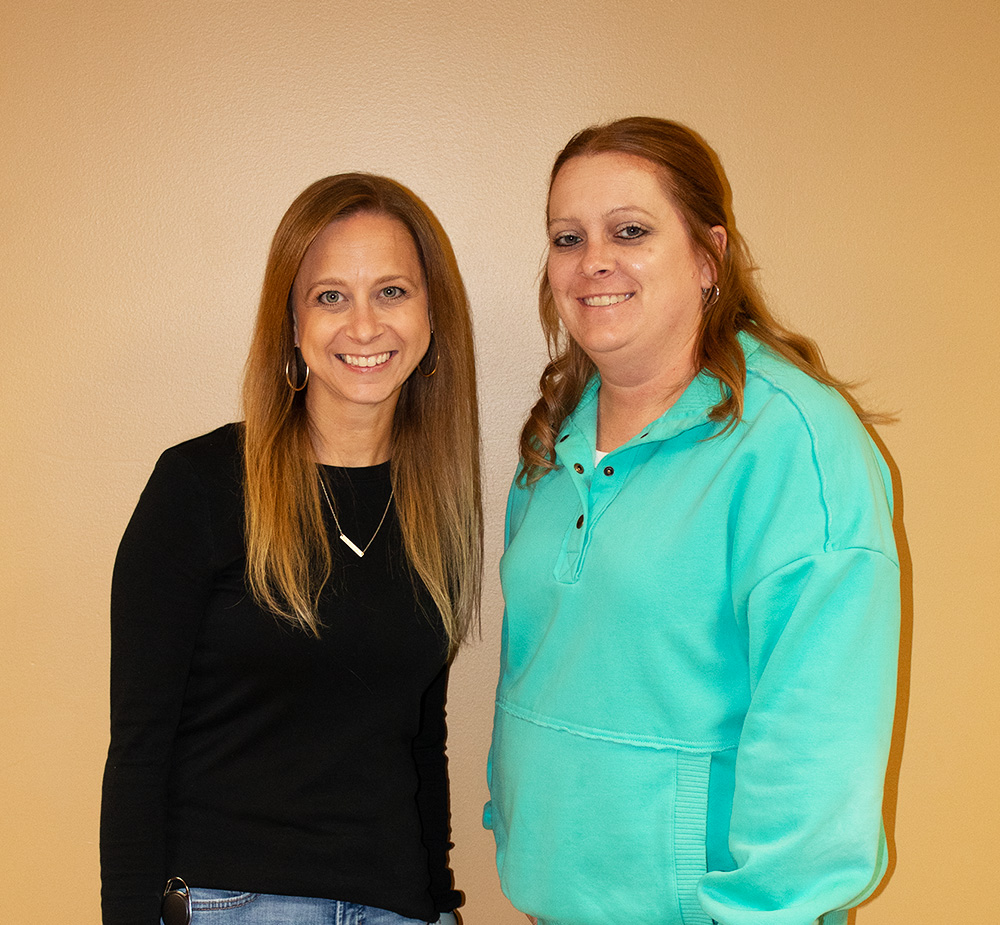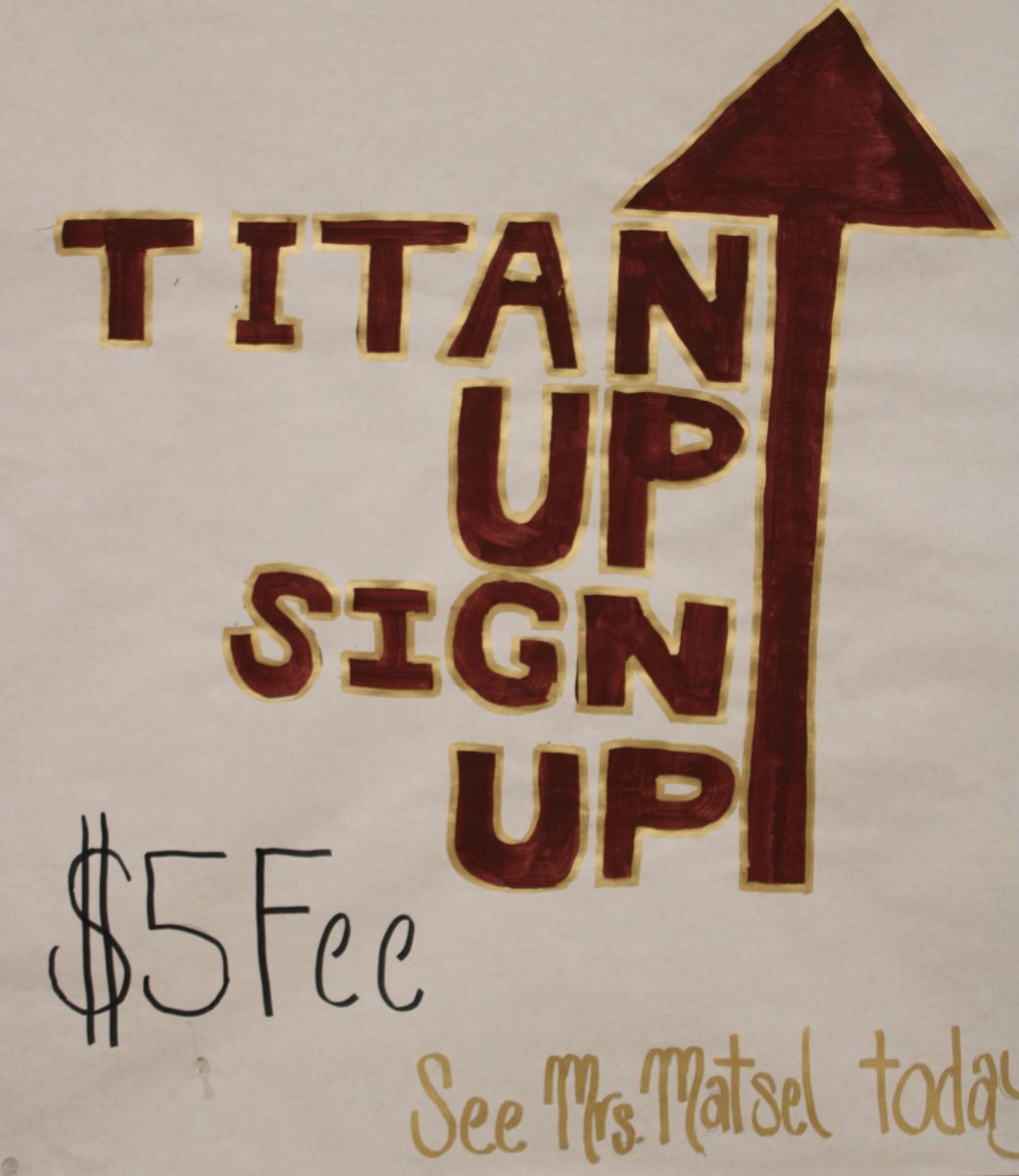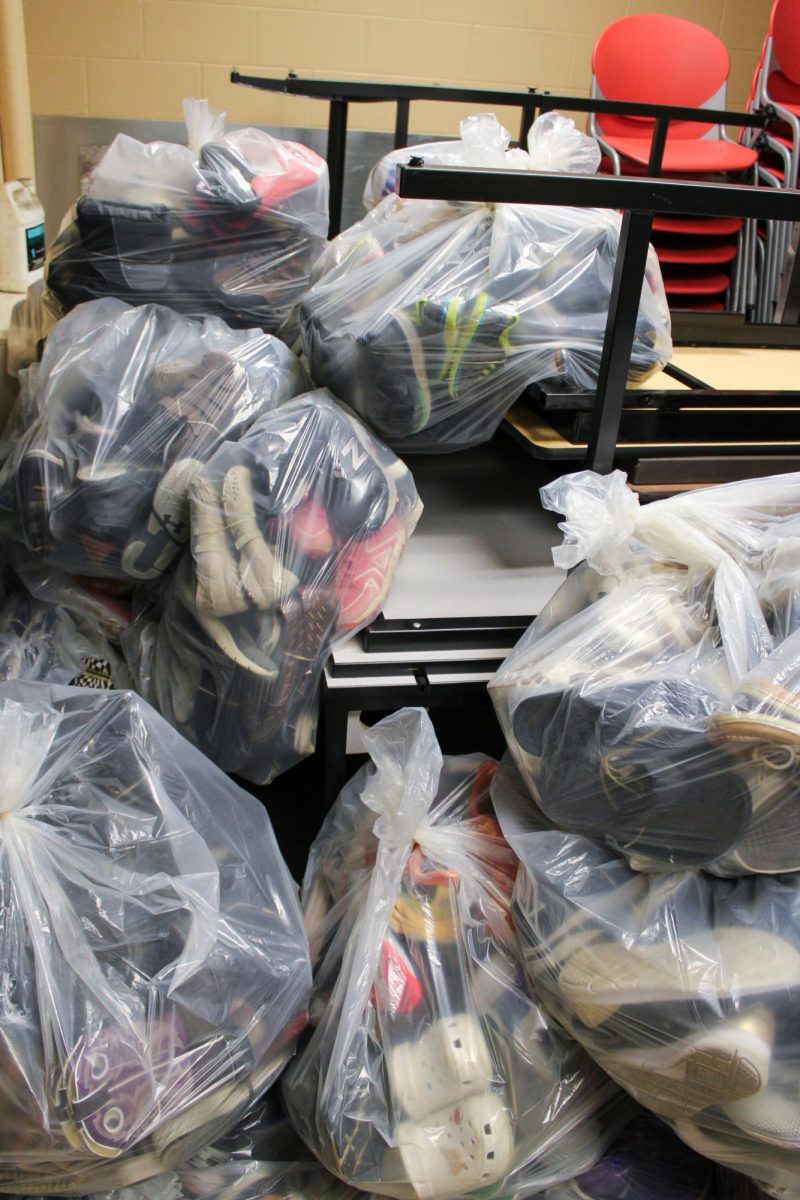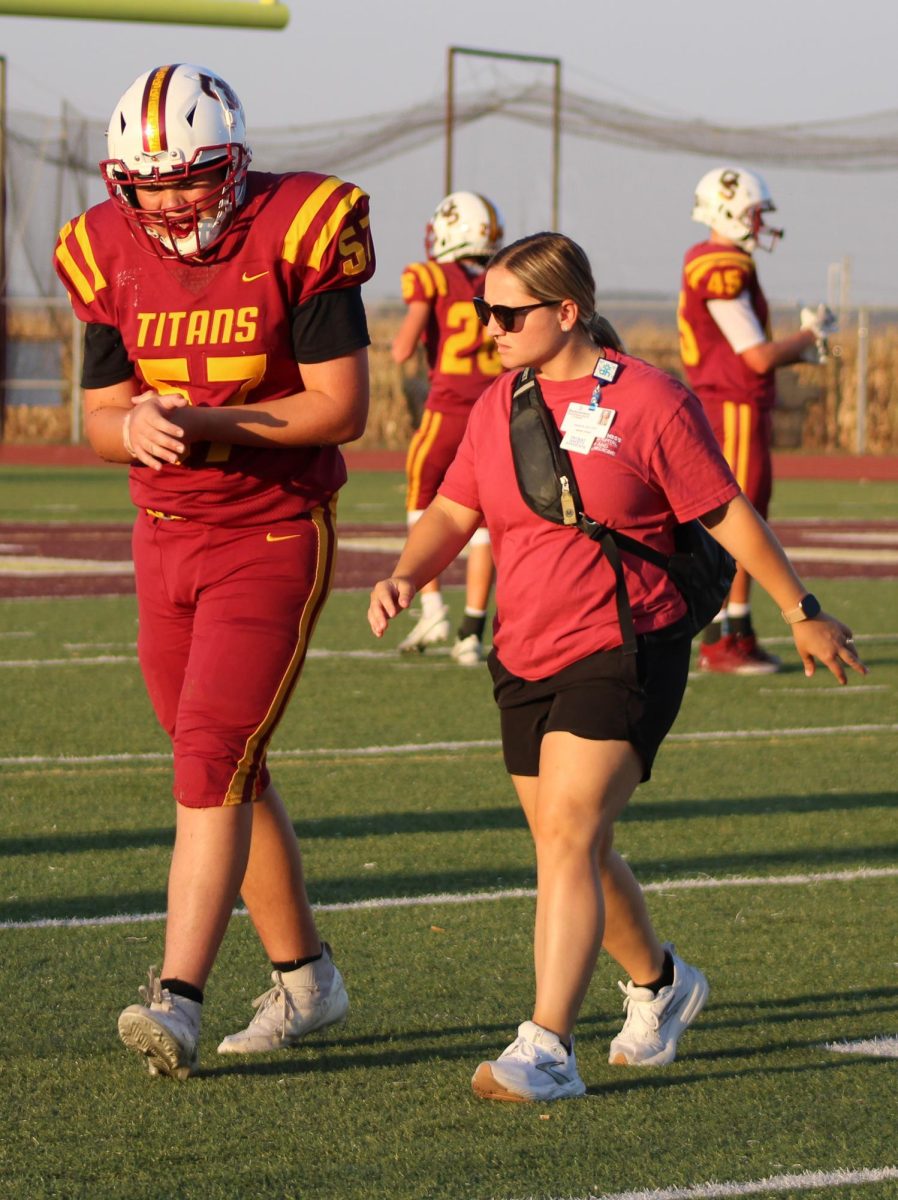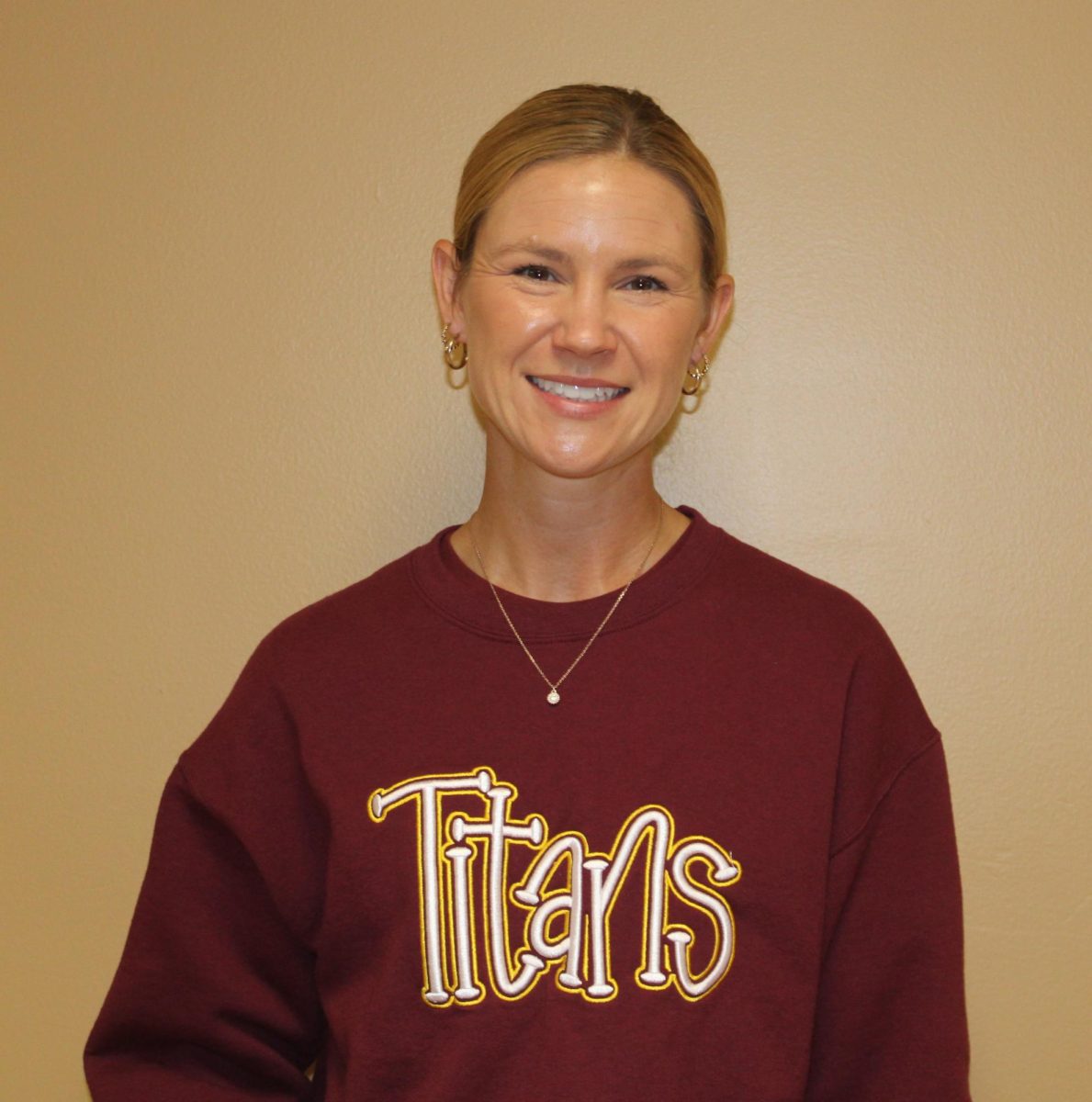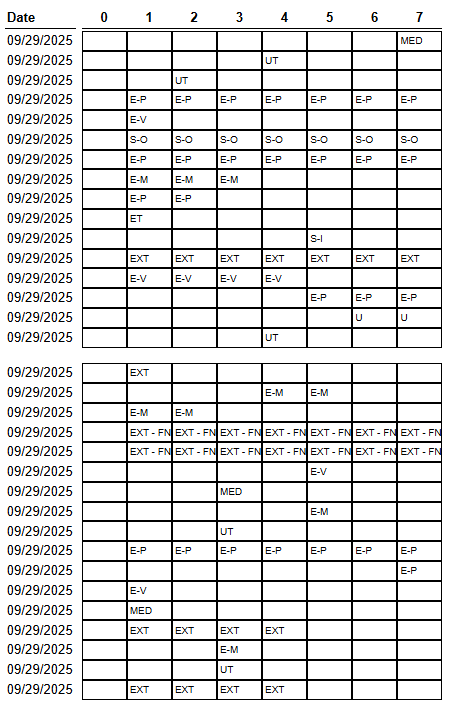As the end of the first semester of the 2024-2025 school year approaches, students at Gibson Southern High School are beginning their preparations for final exams. For most high school students, there is a certain amount of nerves associated with taking final exams. Freshman students, in particular, often experience many nerves leading up to their first high school finals. With it being a new and unfamiliar experience, many freshmen do not have a clear idea of what to expect.
“I’m a little nervous because I kind of expect it to be hard, but I should do good on it,” freshman student Rhys Sorgius said.
Most students from every grade at Gibson Southern feel the most nervous about taking their final exam in their math subjects.
“I’m most nervous for my geometry final,” freshman student Lilyanne Schmitt said.
According to a survey, most freshmen students feel as though they need at least some help from others with studying. Others believe that they will do well as long as they put time into studying overall.
“I do really good with the study guides, so I think that will help me if the material and the study guide are similar to the actual test,” freshman student Mia Sefton said. “Then, I feel pretty confident about it.”
This year, freshman students have the opportunity to receive help in preparing for finals from upperclassmen who have already completed their classes. As a new part of their club, Beta Club is hosting a study session for freshman students on Monday, December 16, from 3:30 p.m. to 5:00 p.m. in Gibson Southern’s cafeteria. The event is called “Cocoa and Cram” and will involve upperclassmen tutoring freshmen while enjoying hot chocolate and cookies. Additionally, door prizes will be awarded to freshman students as a reward for participating in the study session.
“Basically, we’ll have hot cocoa and we’re going to have six tables set up: a Biology table, an English 9 table, Algebra, Geometry, Geography and Spanish I,” Beta Club sponsor Kristin Brasher said. “And, then we will hopefully have tutors at each table. We’ll have some upperclassmen who’ve been through those classes, and then the freshmen that show up can kind of go to whichever table they would want help with. We have a lot of the study guides from the teachers of those classes and then those students are going to look through those and help the freshmen study and learn how to study for final exams.”
Most teachers at Gibson Southern provide students with material and advice to help them prepare for finals, but it is ultimately up to the students to prepare themselves. Each student has to figure out what study techniques work best for them. Most teachers at Gibson Southern recommend that students study in whatever way engages their brain the most.
“I think it depends on what kind of learner you are,” English teacher Lindsay Treadway said. “If you’re a really visual learner, like I am, I think writing out notes really helps. So, writing it out, maybe repeatedly, helps to get it in your mind. If you are an auditory learner, getting with a partner and quizzing each other is really helpful.”
Another important thing that teachers recommend to students is to allow themselves plenty of time to study instead of rushing to study the day before the exam. Additionally, teachers recommend doing practice problems for subjects in science and math to further retain the information. Sleeping enough the night before the exam and eating a good breakfast the morning of the exam are also recommended to be beneficial for test performance.
“My biggest suggestion is don’t wait until the night before to study and don’t cram,” said Kasey Knaebel, science and math teacher. “The more you can spread out your studying and the more you can take it in small chunks, the more you’re going to retain. The other suggestion I have, especially for your science and your math, is don’t just read it. You’ve got to practice things, you’ve got to write things down. When you engage your brain in multiple ways, whether that’s writing and reading and listening, whatever it is, you’re going to retain more pieces of information. So, do the practice problems, use the time given in classes to study to actually study and then make sure you rest and you eat well. And, then, your test should take care of itself from there.”
Upperclassmen who have taken finals before have found a variety of study techniques that work for them when preparing for finals. According to a survey, the most popular study techniques are reviewing old assignments, tests and notes, doing study guide worksheets, listening to teacher advice, using flashcards, doing practice questions or quizzes and being quizzed by other people. Overall, most upperclassmen recommend getting advice from the teachers of the classes you are taking finals in.
“Just talk to your teacher,” senior Alyssa Baehl said. “A lot of them are going to be easy because I don’t think I’ve had a teacher give me a hard final on purpose. Just take a breath and talk to your teacher, they’ll tell you what you need to know.”
Just like teachers, upperclassmen also recommend studying gradually over time rather than rushing to study right before finals.
“One piece of advice I would give that I definitely did not do, but should have, is to not start studying the week before,” senior Allison Spindler said. “Definitely start early and definitely go in and ask teachers questions if you have them. I’ve never had a teacher who would not answer a question. They are more than happy to help you with anything, give you practice problems or check your work.”
During the test, upperclassmen recommend skipping harder questions and coming back to them after the rest of the test is completed.
“Just skip problems that you don’t know,” Spindler said. “I find myself getting buried in kind of like a rabbit hole if I don’t know something, spending like 10 minutes trying to figure it out when obviously it’s a much better strategy to completely leave it alone, finish the rest of the test and then come back and work on those one or two hard questions. Especially for math, as it’s one of my hardest classes. When you see a question that looks really confusing and really difficult and you’re stressed out about it because of the time limit, if you just forget about it and move on and finish the test, then when you come back later, you’ll have kind of the peace of mind of, ‘Oh, I have so much time until the end of the test.’”

